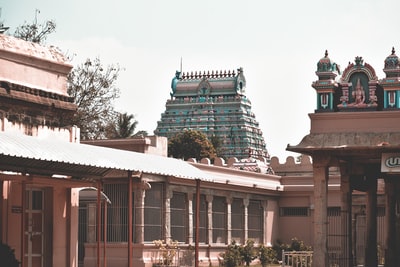The Second Republic
Examining the short-lived Second Republic revolves around how it came about and how it was quickly eclipsed. To do this, you need to consider:

* Economic problems and the loss of support for the July Monarchy amongst the middle classes.
* The factors that allowed the Republican movement to become more popular.
* The causes of the Revolution.
* The responses of the other European powers to the revolution.
* The main features of the Second Republic as contained in its constitution.
* How far the Second Republic corresponded to the hopes of opponents to the July Monarchy.
* The political activities of monarchists in the Second Republic and their electoral support.
* The position of the Church in the Second Republic.
* The emergence of Louis-Napoleon Bonaparte in French politics and the reasons for his surprising electoral victory in December 1848.
* The reasons for Louis-Napoleon’s passing of the Loi Falloux education law in 1850.
* The divisions between different Republican groups and their consequences.
* The political moves made by Louis-Napoleon to boost his popularity, including opposition to conservative elements in the Assembly.
* Louis-Napoleon’s December 1851 coup d’tat and the subsequent establishment of the Second Empire.
The Second Empire and the Third Republic
Questions in the exam will focus on:

* The reasons for Napoleon’s popularity.
* His objectives as Emperor.
* The activities of opposition groups in France and from exile.
* Napoleon’s handling of organized opposition in the form of censorship, arrests etc.
* France’s rapid industrial growth under Napoleon III and its consequences, including the growth of working-class movements.
* Napoleon’s colonial misadventures outside of Europe (for example, in Mexico).
* The reasons for Napoleon’s interventions in Italy and their consequences.
* The reasons for the Franco-Prussian war and its role in causing the collapse of the Second Empire.
* The foundation of the Third Republic and challenges it faced such as the Paris Commune.
* The key features of the Constitutional Laws of 1875.
Example Questions

To what extent did Louis-Napoleon defend the interests of the French people against the Assembly?
To what extent did conservative forces prevent the realisation of Republican and popular aspirations between 1815 and 1870?
‘Louis-Napoleon had to rely on repression to rule’. Discuss.
‘The July Monarchy was doomed from the start.’ Discuss.
Was the July Monarchy any more liberal than the Restoration Monarchy?
‘The main reason for the downfall of the July Monarchy was Charles X’. Discuss.
The Big Questions
* The reasons behind the succession of revolutions and change of regime that took place in France during the nineteenth century.
* The competing ideas of constitutional monarchism, republicanism, Bonapartism and socialism.
* The reasons for the collapse of the Restoration Monarchy.
* The failings of the July Monarchy and the reasons for its overthrow in 1848.
* The enduring popularity of the Bonapartist ideal, the reasons why Napoleon III was able to climb to power.
* The fortunes of the Second Empire.
Key Information
Using our revision guide and your own notes, note down key information relating to the principal questions above, dividing it into the following areas:
The Restoration Monarchy
The July Monarchy
The Second Republic
The Second Empire and the Third Republic